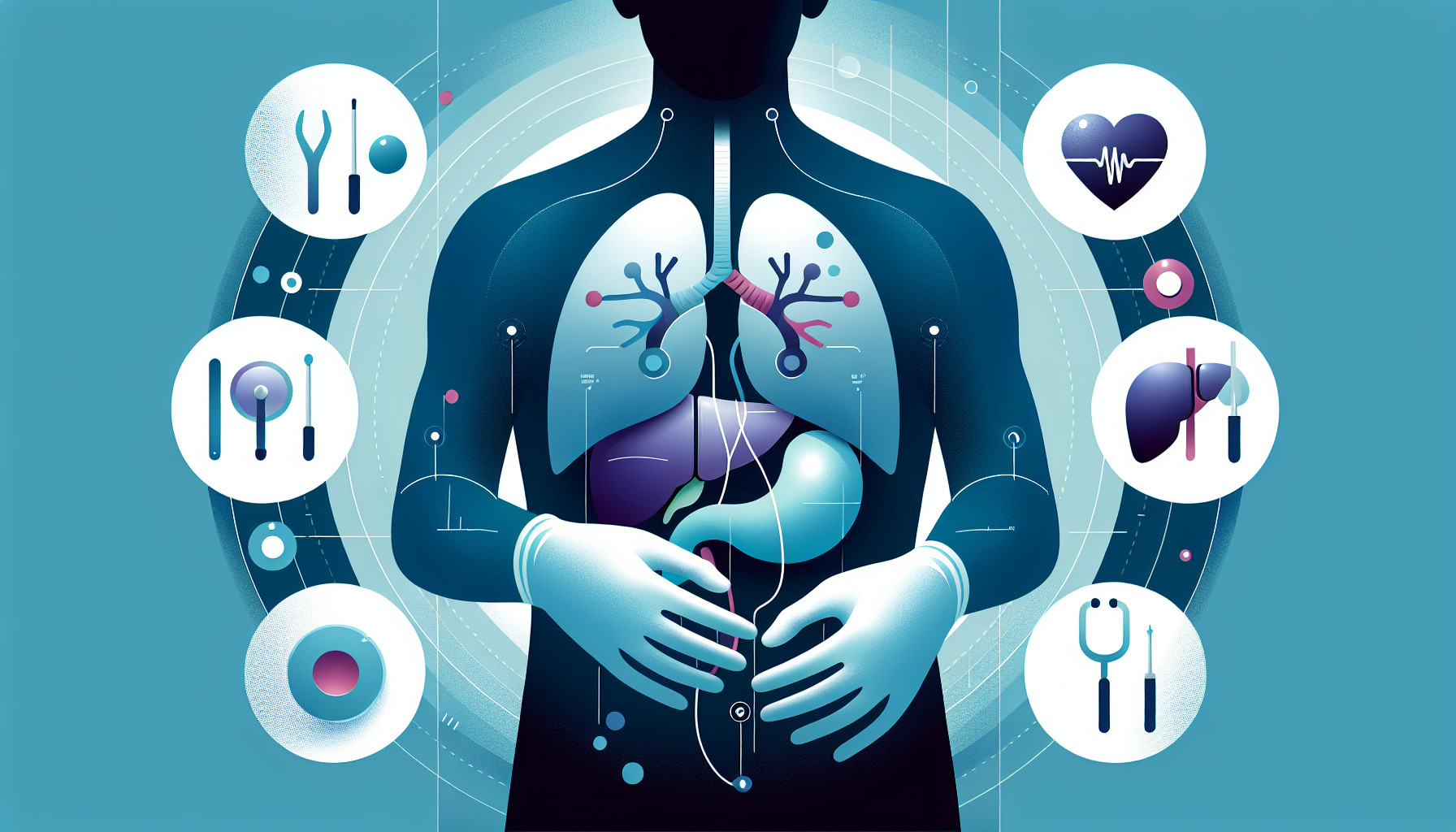Our Summary
This research paper examines the various methods of educating patients who are awaiting organ transplants. These educational measures aim to help patients understand the transplant process, its outcomes, and possible complications. The goal is to reduce fear and anxiety, set realistic expectations, and help adjust to life after the transplant. The paper reviews general educational approaches, as well as specific ones for kidney, liver, lung, and heart transplants. It also highlights the importance of a team-based approach to this education.
The paper also discusses initiatives for digital health education through online and mobile platforms. Additionally, it emphasizes programs that focus on providing equal access to transplant information for marginalized or racialized communities.
However, the paper points out that the research done so far on this topic has its limitations. Many studies have small sample sizes, are not randomized, and tend to focus on short-term outcomes, which could potentially introduce bias. Furthermore, the educational interventions being studied are often not clearly defined or are mixed with other initiatives, making it difficult to understand the exact impact of education on patient outcomes.
In the future, the authors suggest that better-designed studies are needed to properly assess the impact of these educational initiatives on both short-term and long-term patient outcomes.
FAQs
- What is the aim of educating patients awaiting organ transplants according to the research paper?
- What types of initiatives are being used to provide digital health education for organ transplant patients?
- What are the limitations of the research done so far on the topic of patient education in organ transplantation?
Doctor’s Tip
One helpful tip a doctor might tell a patient about organ transplant is to follow all post-transplant medication and care instructions diligently. This includes taking immunosuppressant medications as prescribed, attending follow-up appointments, and following a healthy lifestyle to support the functioning of the new organ. It is important to communicate any changes in symptoms or concerns to your healthcare team promptly to ensure the best possible outcome post-transplant.
Suitable For
Patients who are typically recommended for organ transplants are those who have end-stage organ failure and have exhausted all other treatment options. These patients may suffer from conditions such as chronic kidney disease, liver failure, chronic obstructive pulmonary disease, or heart failure.
In addition to meeting specific medical criteria, patients must also be willing and able to adhere to a strict post-transplant care regimen, including taking immunosuppressive medications for the rest of their lives. Patients must also have a strong support system in place to help them through the transplant process and recovery period.
Ultimately, the decision to recommend a patient for an organ transplant is made by a multidisciplinary team of healthcare professionals, including transplant surgeons, nephrologists, hepatologists, pulmonologists, cardiologists, and social workers. These experts assess the patient’s overall health, medical history, and ability to comply with post-transplant care guidelines before recommending them for a transplant.
Timeline
Timeline of a patient’s experience before and after organ transplant:
Before transplant:
- Patient is diagnosed with end-stage organ failure
- Patient undergoes extensive medical evaluations to determine transplant candidacy
- Patient is placed on the national transplant waiting list
- Patient waits for a suitable donor organ to become available
- Patient undergoes pre-transplant education and counseling to understand the transplant process, risks, and potential outcomes
After transplant:
- Patient receives the organ transplant surgery
- Patient is closely monitored in the intensive care unit post-surgery
- Patient is transitioned to a regular hospital room once stable
- Patient undergoes rehabilitation and physical therapy to regain strength and function
- Patient begins taking immunosuppressant medications to prevent organ rejection
- Patient attends regular follow-up appointments with transplant team for monitoring and adjustments to medications
- Patient gradually resumes normal activities and adjusts to life with a new organ
Overall, the timeline of a patient’s experience before and after organ transplant is a long and challenging journey that requires patience, resilience, and support from healthcare providers, family, and friends.
What to Ask Your Doctor
- What are the risks and benefits of undergoing an organ transplant?
- How long is the waiting list for the specific organ I need?
- What is the success rate of this type of transplant at this facility?
- What is the recovery process like after the transplant surgery?
- What medications will I need to take post-transplant and what are the potential side effects?
- How often will I need to follow up with my transplant team after the surgery?
- What lifestyle changes will I need to make after the transplant?
- What support services are available for transplant patients at this facility?
- What are the potential complications or risks associated with organ rejection?
- How will my quality of life be affected after the transplant procedure?
Reference
Authors: Hamid M, Rogers E, Chawla G, Gill J, Macanovic S, Mucsi I. Journal: Transplantation. 2022 Apr 1;106(4):722-733. doi: 10.1097/TP.0000000000003893. PMID: 34260472
